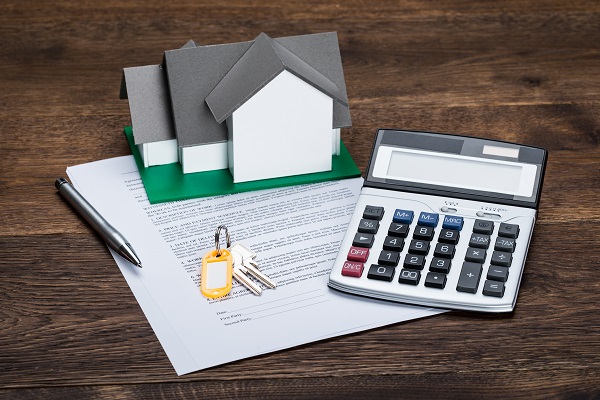
The rental agreement between the landlord and tenant sets forth the important conditions and terms of the relationship. In addition to the basic terms of the lease, tenants and landlords should include certain provisions to ensure that their rights and obligations are clearly understood in the written agreement.
Rental terms. Every lease specifies the amount of rent to be paid by the tenant and the date on which it is due (usually on a monthly basis). In addition, the lease should outline how payment is to be made and the procedures when payment is not remitted in a timely manner. This includes whether a penalty applies for that payment and the time limit for paying such fees to the landlord.
Security deposits. The terms of the security deposit should be clearly delineated in the lease. First, the tenant should ensure that the amount of the security deposit conforms to state law requirements. In California, a landlord may collect two month’ rent as security if the unit in unfurnished and three months’ rent if it is furnished. Moreover, the lease should ideally state the conditions for use of the security deposit and the restrictions on using the deposit. The parties should agree in the lease on the conditions for taking deductions after the tenant moves out.
Identifying tenants. The lease must identify all the tenants who will occupy the unit. Only the individuals on the lease can be held liable for failure to adhere to the terms of the lease. A landlord cannot pursue eviction for occupants who are not listed as tenants. In addition, the landlord can attempt to collect the entire rental amount from one of the tenants if the co-tenant does not pay. The landlord can also institute limitations on occupancy and offer a lease only to those who have been properly screened and accepted. Thus, a landlord can legally evict a tenant who illegally permits others to move into the unit or subleases the unit without express permission.
Understanding your rights and obligations. Landlords and tenants can try to avoid disputes by specifying the duties and rights of each party with respect to the care and maintenance of the property. This includes: stating which party is responsible for paying for damages to the unit, the procedures for alerting the landlord of defects, and restrictions on upgrading the property.
Contact Shane Coons at 949-333-0900 or visit his website at www.ShaneCoonsLaw.com to find out more about his practice.
